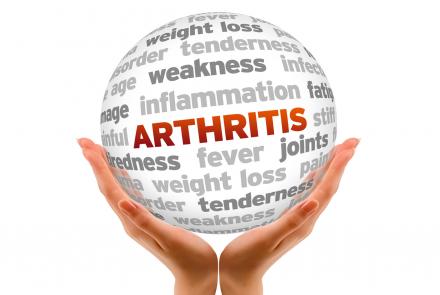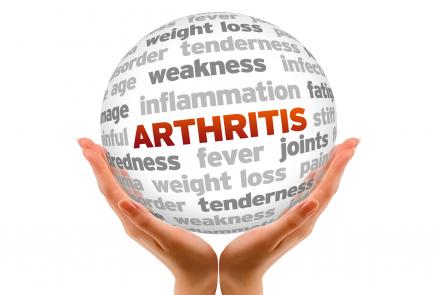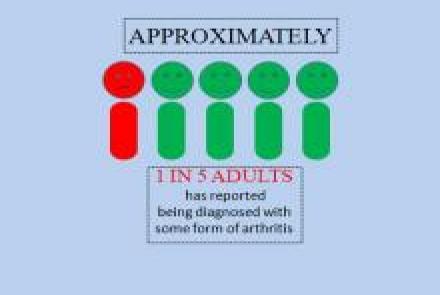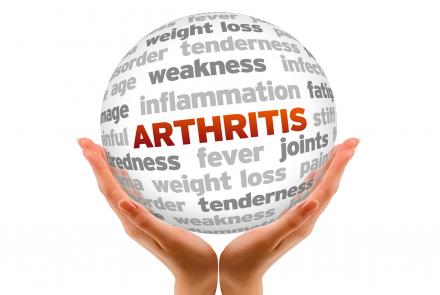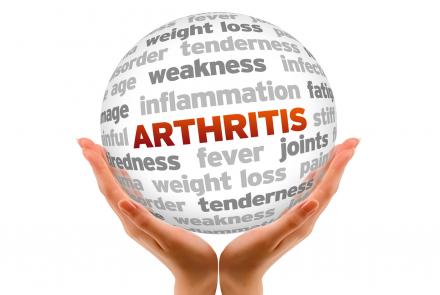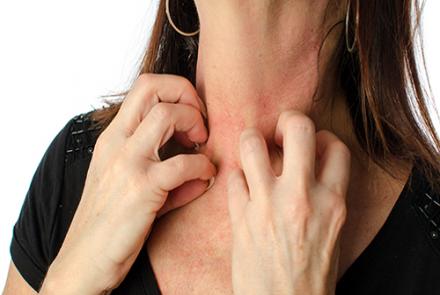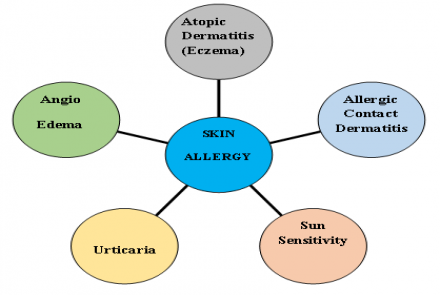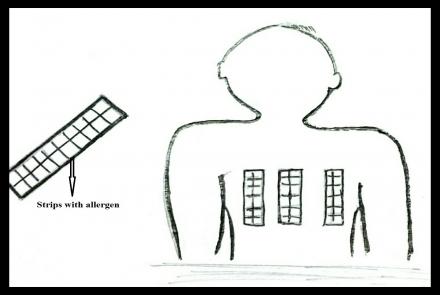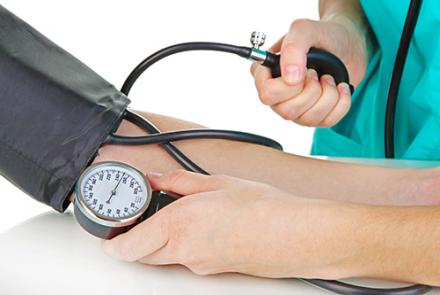Can it be prevented
Maintain your ideal weight: Increased weight on the load-bearing joints, like knees, ankles and hips, makes you highly susceptible to osteoarthritis. Losing weight cuts the risk of arthritis.
Exercise regularly: Try to exercise at least 20 minutes for three days a week if exercise is vigorous, or 30 minutes of moderate exercise five days a week. Practice yoga or simple stretching. These exercises strengthen the muscles around joints.
Quit smoking, as it weakens bone health…
Latest Stories
- What is it The word “arthritis” means joint inflammation, and it's used to describe different diseases and conditions that affect joints, the tissues that surround joints, and other connective tissue. Arthritis is often seen as a disease that affects the elderly but it can affect people of all ages. According to the Arthritis Foundation, two-thirds of people with arthritis are under the age of 65. And more people in their late 30s and 40s are now being diagnosed with the condition. As…
- What causes arthritis Although the exact causes are unknown, it is believed to include the following: Genetics Injury Infection Lifestyle related factors, primarily, smoking, diet, use of oral contraceptives and excessive coffee intake Obesity Environmental factors, like stress Autoimmune conditions (your body's own immune system attacking the joints, causing inflammation - warmth, swelling, tenderness - within the joints) Are you at risk Are you: 65 or above in age: The risk of…
- Medications: You may be prescribed the following medications depending on the cause of the arthritis: Topical pain-relieving creams, rubs, and sprays. These medications are applied directly to the skin over the joints to relieve pain. Pain killers (such as acetaminophen, ibuprofen) Medications that suppress the immune system such as prednisone (steroids).Biologics are lately being used to treat Rheumatoid arthritis that is not responding enough to traditional medication. These are…
- Some signs and symptoms of arthritis require urgent medical care. If you have any of the following, you should seek medical care as soon as possible: One or more swollen joints Fever Weight loss Inability to function due to joint pain or swelling Overall sense of feeling ill, accompanied by fever, joint swelling and joint pain Sudden weakness of specific muscle groups Burning pain, numbness or a pins-and-needles sensation around joints. Symptoms depend on the type of arthritis you have:…
- The process of diagnosing arthritis involves several steps. The doctor will record your medical history and give you a physical examination. He/she may also recommend laboratory tests, imaging tests (such as x-rays), and other tests as required. Laboratory and imaging tests are sometimes, but not always, needed to determine the cause of arthritis. These tests may include: X-rays: To see a detailed picture of the bones. However, for many types of arthritis, changes in the joint are not visible…
- Chemotherapy saves lives but it is dreaded for its side effects. Dr Shital Raval tells you how to get relief on common side effects like mouth sores, nausea, dry skin, vomiting, diarrhea, hair loss and more. Here, how to manage some of the common side effects: Mouth sores: Apply gylcerine ointment to the sores Avoid sour or citrusy foods to help sores heal Eat cold foods like ice-cream or yoghurt with honey to soothe the discomfort Dry mouth: Suck on ice chips,…
- An allergy is an abnormal reaction or increased sensitivity to certain substances. The allergic individual produces symptoms when exposed to these substances, which are harmless to non-allergic people. Normally, the body's defence system fights against foreign bodies. In most allergic reactions, it is a false alarm which induces the body’s defence mechanism to fight against the substance. The prevalence of allergic diseases has been increasing and both genetic and environmental factors play a…
- Managing high blood pressure is an important aspect of health management since it can lead to many issues - kidney disease, heart disease, cardiovascular disease, etc. We address questions on - What to eat? How much salt is ok? Is it ok to drink? What does Vitamin D have to do with it? And more. 1. What is considered high blood pressure? A reading of 120/80 mmHg is considered normal. A blood pressure reading of 140/90 mmHg or higher is considered high blood pressure. If your blood…

